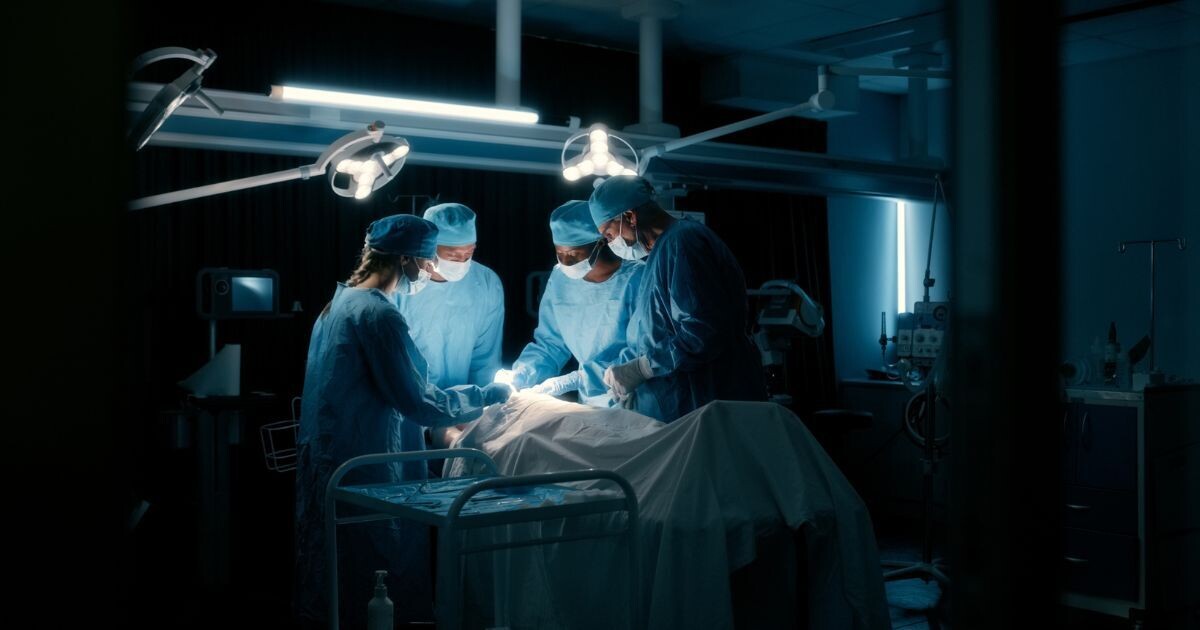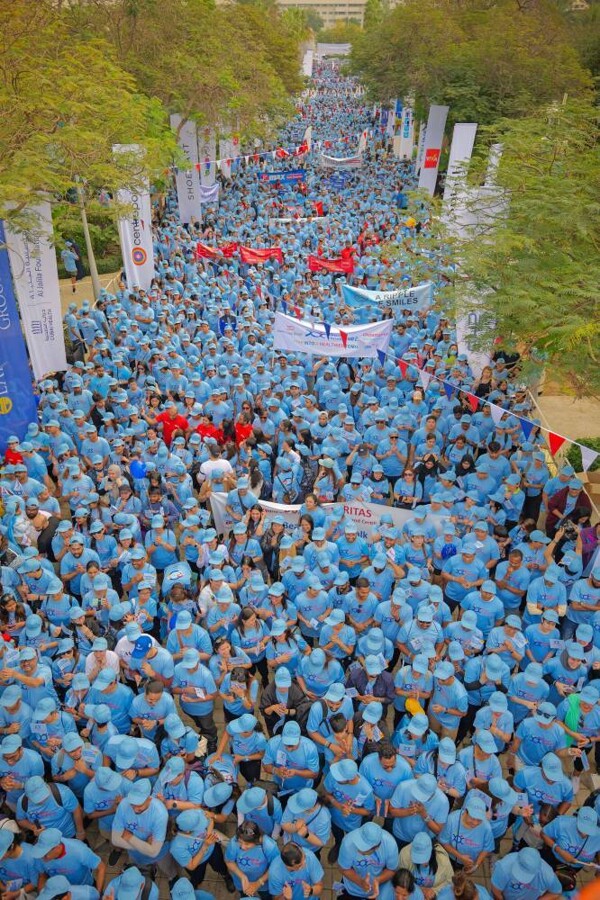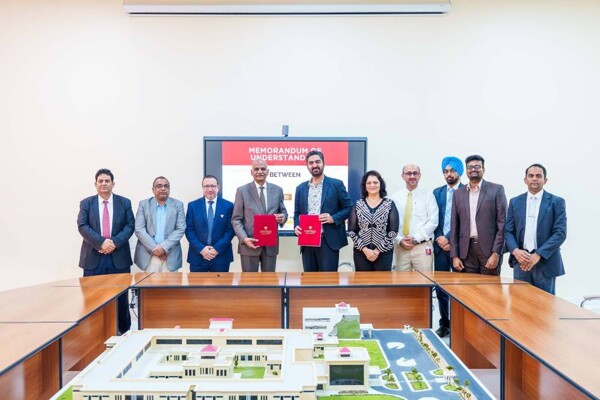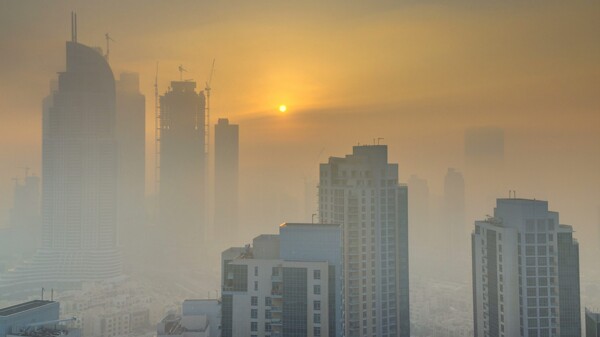
In the UAE, there are currently more than 13 licensed transplant centers, where more than 30 percent of transplants are performed. Large organ transplants, including kidneys, liver, heart, lungs, and pancreas, are already successfully carried out in the country, improving the healthcare sector and providing a global level of medical services.
The new National Policy on combating medical risks, approved by the Cabinet of Ministers, complements the readiness of the UAE to respond to healthcare crises. The policies aimed at improving accessibility and safety of healthcare for all citizens of the country.
The authorities continue to develop the UAE healthcare sector, ensuring quality healthcare for citizens and residents, including foreign workers. Measures are being planned to respond to emergency situations, measures for controlling organ trafficking and rehabilitation programs for the protection of public health.
The Cabinet of Ministers of the UAE, headed by the Supreme Sheikh Mohammed bin Rashid Al Maktoum, Vice President, Prime Minister, and ruler of Dubai, approved new regulations on the donation of organs and transplantation. The objectives of the new Administrative Rules include increasing the accessibility of transplants for patients with serious illnesses.
"These new regulations strengthen the country's obligations in the field of healthcare, taking care of patients and medical achievements," noted the Supreme Sheikh.














